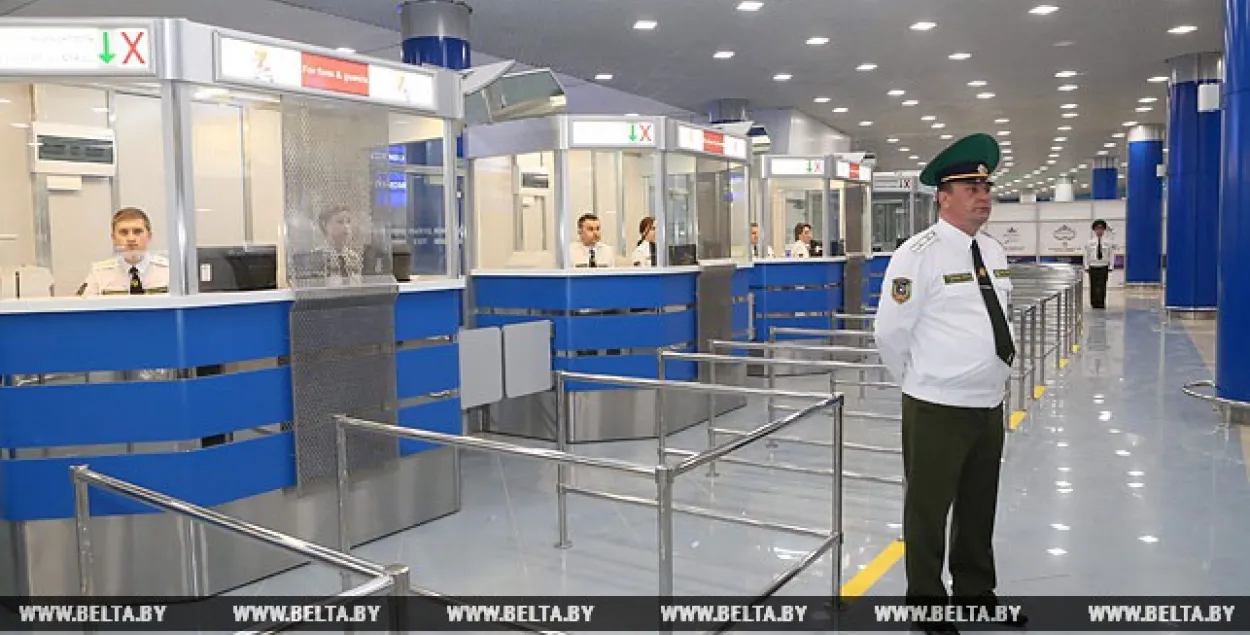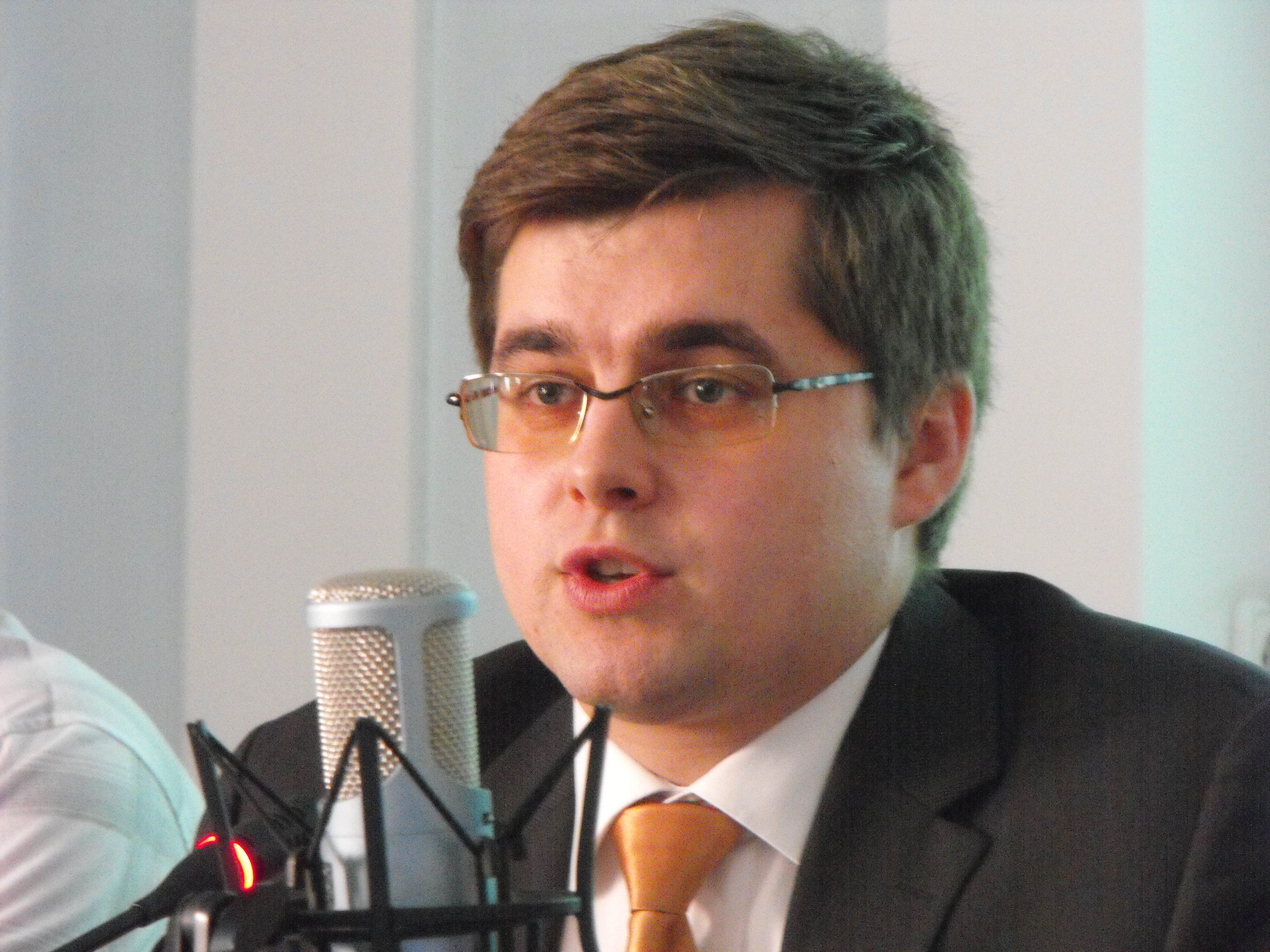Russia likely to remain quiet over 30-day visa-free program in Belarus - pundit

Belarus has extended the visa-free stay for foreigners from 5 to 30 days, according to the somewhat surprise decree by President Aliaksandr Lukashenka on 24 July. The measure extends the 5-day visa-free regime for the nationals of 80 countries, including the EU member states and the United States, effective from February 2017. It is key to remember that both the 2017 edict and its today's extension only apply to the visitors entering Belarus by plane via the Minsk international airport. One more key condition is that those traveling to Minsk on Russia-originated flights are not eligible to enter Belarus visa-free.
Euroradio called Yauhen Preyherman, head of the Minsk Dialogue - an informal community of experts believed to be familiar with some discussions inside the Foreign Ministry - to comment on the move and its consequences for the relations with Moscow. According to Preyherman, the decision was taken after lengthy reflections under the influence of "extremely positive results" of the 5-day visa-free rule.
"I believe many people reckoned it would have happened sooner. The summer season when foreigners could come and stay at our health resorts has already started. But discussions were still underway," says Preyherman. Apparently, Belarusian authorities waited for the FIFA World Cup to end and the foreign fans' frenzy to calm down in Russia so that they could make their foreign policy move carefuly.
Preyherman: "Why for 30 days?.. The previous dicussions focused on 10-14 or even 21 days [the sport and tourism minister talked about 15-20 days — Euroradio]. They seem to have decided that since the 5-day visa-free regime worked well, it made no sense to return to the issuse several times. 30 days is a somewhat accepted international standard, existing in the other countries. Most likely, all these arguments combined have played a role in the president's decision."
In February 2017 when Belarus introduced the 5-day visa-free program for the citizens of 80 nations, the European Union and United States included, Russia reacted nervously. What should one expect from the Kremlin now? Yauhen Preyherman reckons Moscow was angered back then not by the number of visa-free days but by the very fact that Belarus independently had taken the decision. Minsk and Moscow have been in consultations and negotiations since then.
"There should be no reaction from Moscow like before apart from maybe some marginal media outlets in Russia that will write about it anyway. I think that other than that there should be no problem," according to Preyherman.
What about Brussels? "It would be desirable to see a more positive approach on the significant issues that have been lagging behind in the recent years. In the first place, I am relating to the visa issues, a potential deal on visa liberalization. Clearly, this process has been "held on the brake" by the EU side," says Preyherman.
The Belarus president's press office notes that the decision to extend the number of visa-free days aims "to boost the nation's tourism sector and economy, and to strengthen our country's image as a convinient venue for international forums, conferences, festivals, and sporting events."
Preyherman: "I hope it will be benefitial for all the stakeholders."




















